Democratic leaders have positioned the expansion of voting rights as a cornerstone of their legislative agenda, should Vice President Kamala Harris clinch the presidency in the 2024 elections. This commitment to bolstering democracy comes at a critical time and could signal a major shift in how Americans experience their right to vote.
The John Lewis Voting Rights Advancement Act is a piece of legislation proposed in the United States to restore and strengthen parts of the Voting Rights Act of 1965, which was a landmark law passed during the Civil Rights Movement to prohibit racial discrimination in voting. This act is named after the late Congressman John Lewis, a civil rights leader and advocate for voting rights.
The need for this new legislation arose after the U.S. Supreme Court’s 2013 decision in Shelby County v. Holder. In this decision, the Court invalidated key components of the Voting Rights Act, particularly the coverage formula in Section 4(b) that determined which jurisdictions required federal oversight under Section 5. This oversight, known as “preclearance,” required certain states and local governments with a history of discrimination to obtain federal approval before making any changes to their voting laws or practices.
After the 2020 U.S. presidential election, several states, including key battlegrounds like Georgia and Florida, enacted various voting restrictions. Georgia’s Senate Bill 202 (SB 202), passed in March 2021, introduced stricter ID requirements for absentee ballots. The law significantly limited the number and availability of ballot drop boxes. The law made it a misdemeanor to offer food or water to voters waiting in line within 150 feet of the polling place or 25 feet of any voter in line.
Meanwhile, Florida – Senate Bill 90 (SB 90), enacted in May 2021, also tightened ID requirements for voting, particularly impacting absentee ballot requests and submission. Similar to Georgia, Florida limited the use of ballot drop boxes to the hours. The Florida law expanded the no-solicitation zone from 100 feet to 150 feet around polling places. SB 90 required voters to request vote-by-mail ballots more frequently, specifically for each election cycle, rather than once every two election cycles.
The John Lewis Voting Rights Act is ambitious in scope. The Act is looking to reshape the voting landscape comprehensively: Making Election Day a national holiday to boost turnout, securing voter rolls from capricious purges, and expanding access with same-day registration and more mail-in voting options. Despite its potentially transformative scope, the John Lewis Voting Rights Act has faced repeated roadblocks in Congress. Initially passed by the House of Representatives along party lines in 2021, it has since been stalled in the Senate, where opposition has kept it from advancing.
The reintroduction of this bill and the emphasis on voting rights reform may also be seen as a strategic move by the Democrats to regain momentum. With Harris at the helm and the possibility of a Democratic sweep —or “blue wave”— in Congress, there’s renewed hope that these reforms could finally be realized.

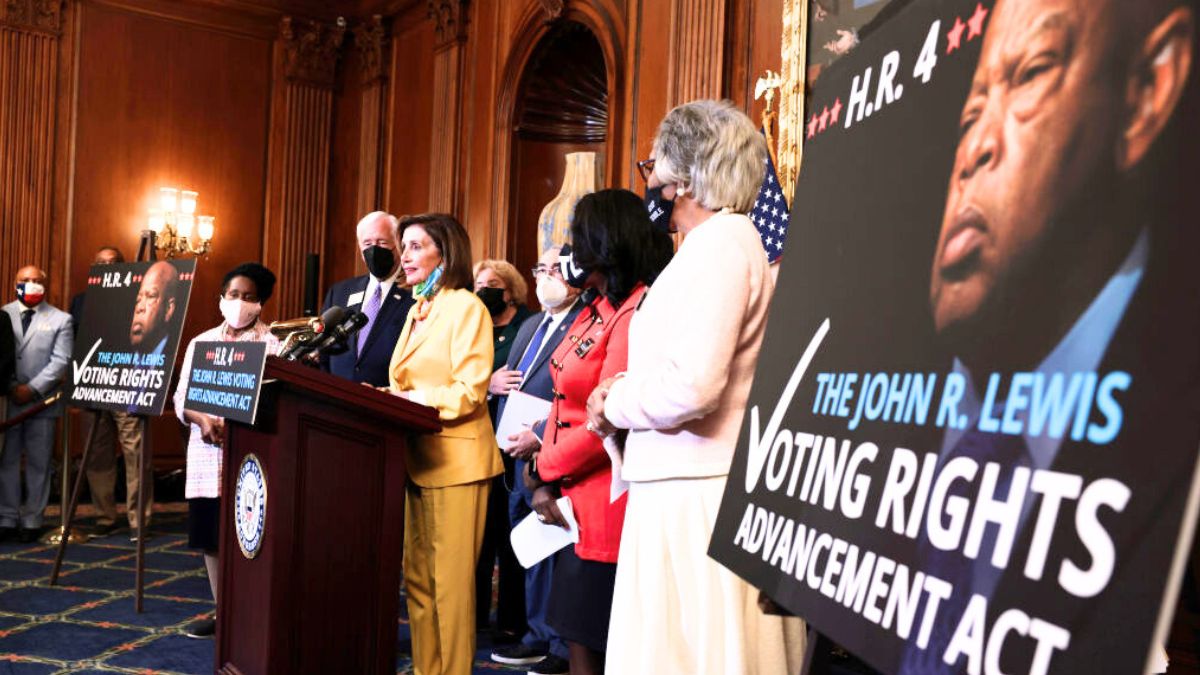
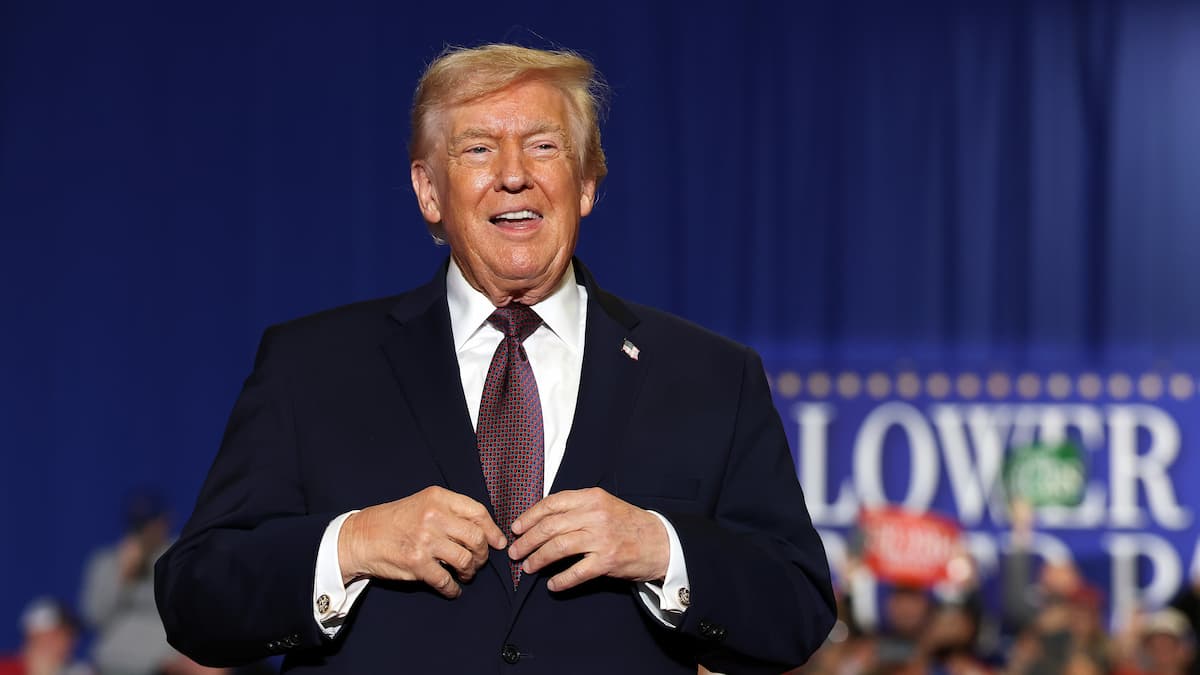
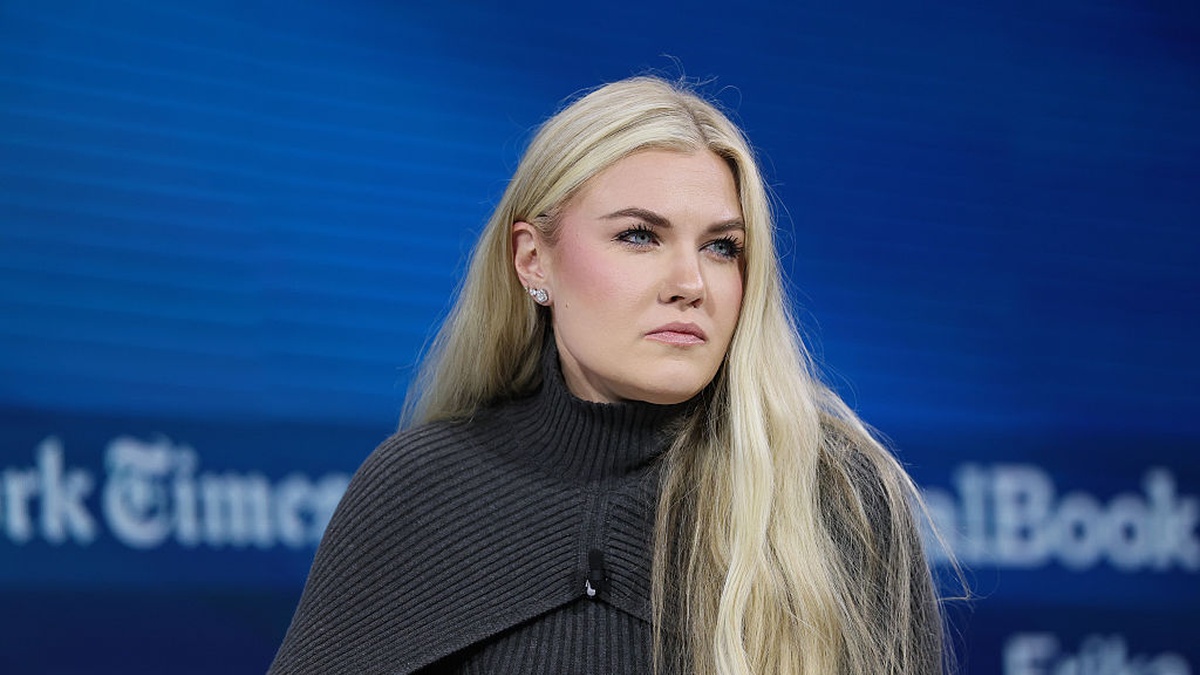

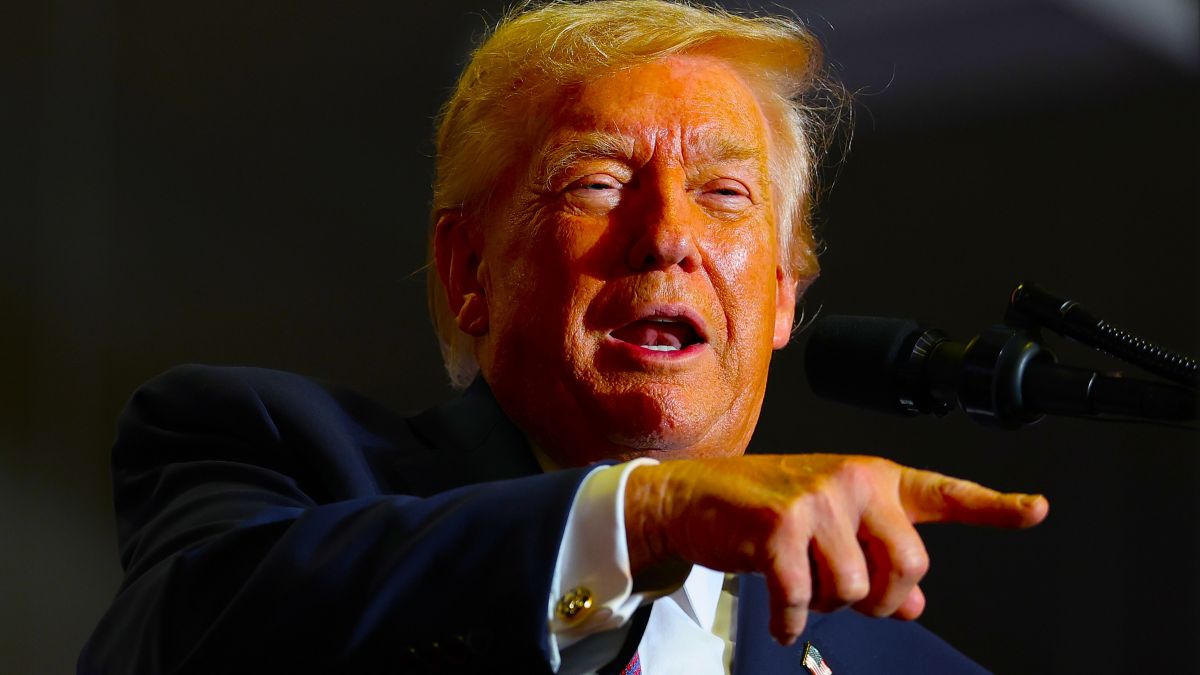
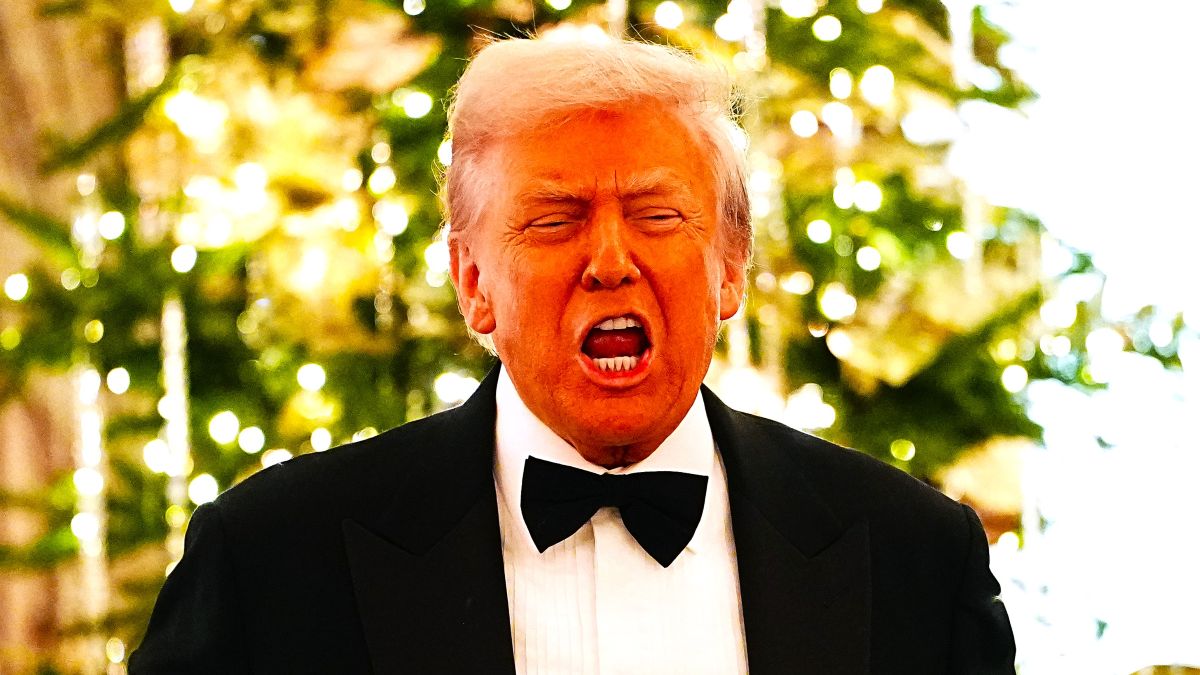
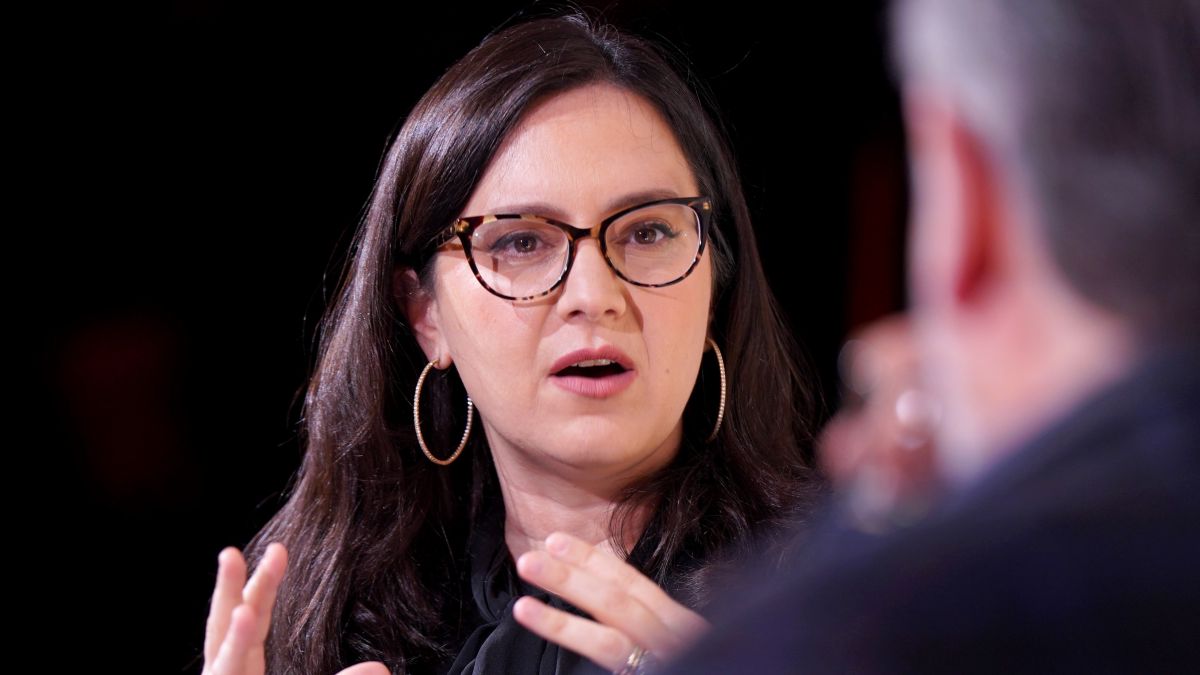
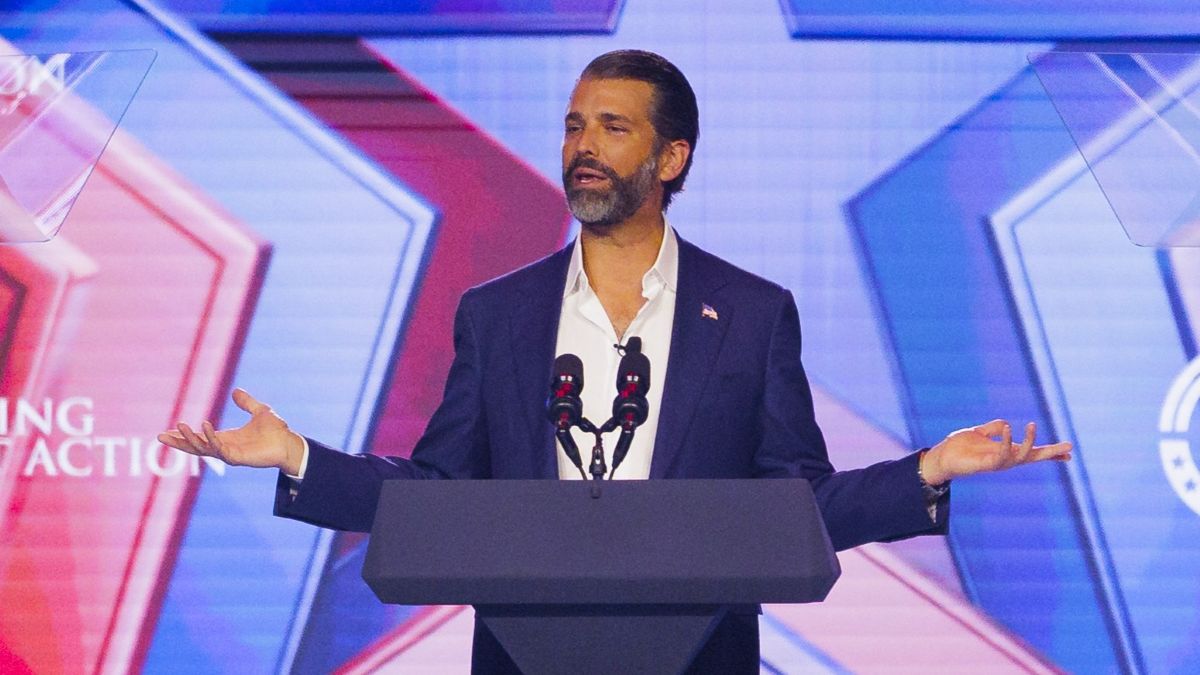
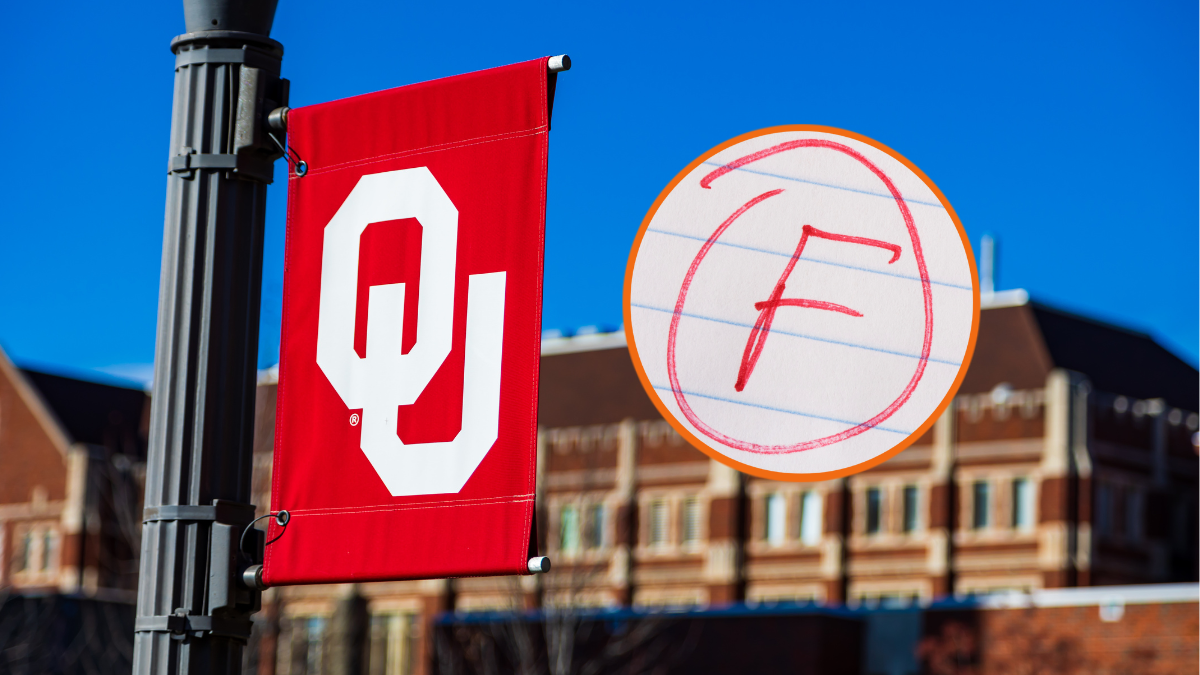

Published: Aug 26, 2024 09:46 am